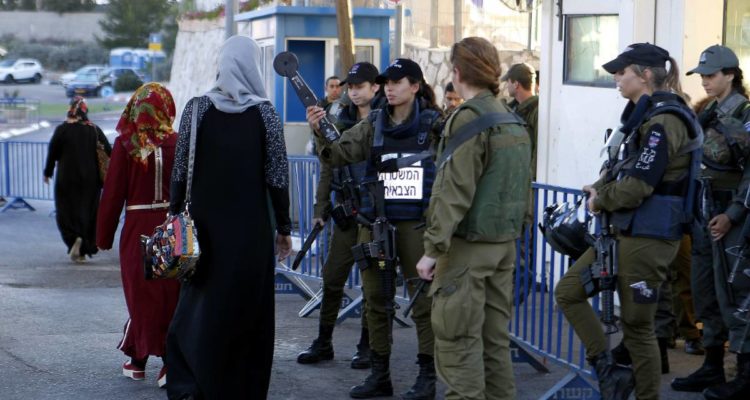Eight years ago in the beautiful coastal mediterranean city of Akka, I stood wearing my wedding dress, with my fancy hair and make-up, in front of a mirror and gave myself a pep talk.
“You got this,” I said to myself. “Let’s try and make the most out of an extremely awkward situation”.
I took a deep breath, planted a forced smile on my face, left the small dressing room at the back of the hall and walked into my wedding party. My husband wasn’t there. I got married alone.
The reason for this absurd situation is that both my husband and I are not Jewish. I am a Palestinian citizen of Israel, and even though my family tree can be traced back to 1266, Israel treats me like a second-class citizen, because my mere existence in my homeland is considered a “demographic threat”. And while, Jewish Israelis have an easy pathway for spousal visas, Palestinian citizens of Israel don’t.
Denying the right to family reunification is one of many forms of abuse Israel inflicts on the Palestinian people. It is an example of how Israel exerts its control and domination through oppressive and violent power structures over 14 million Palestinians, in and outside of Palestine. In Israel, there are more than 65 laws that discriminate against Palestinian citizens of Israel, from land ownership to the right of return. These laws culminated in the “Nation-State” law, a law which formalised what Palestinians have been saying for decades about Israel – that it was a Jewish-supremacist state that has been committing crimes against humanity since its inception in 1948. Then-prime minister Benjamin Netanyahu left no room for doubt when he said in 2019 that “Israel is not a state of all its citizens”, but rather “the nation-state of the Jewish people and only them” .
Read the article by Noura Mansour in The Canberra Times and The Ararat Advertiser.

